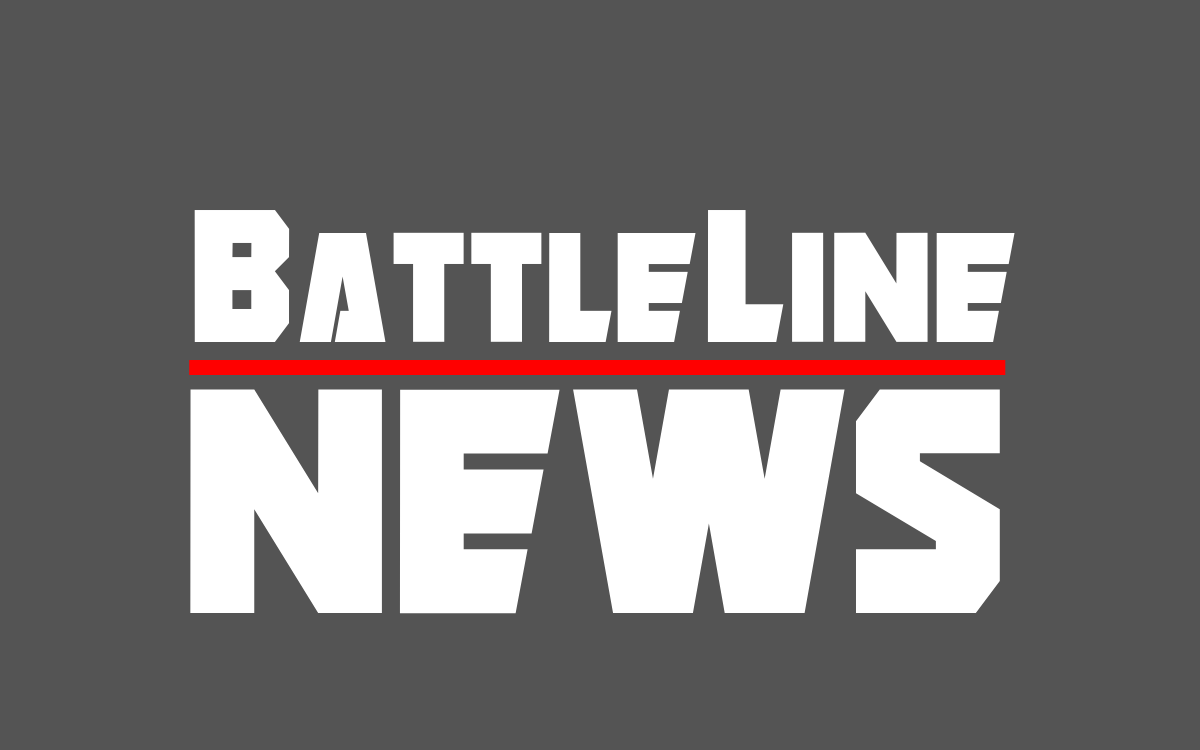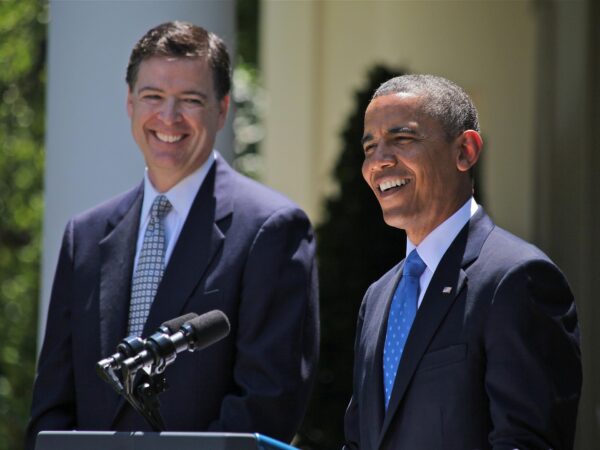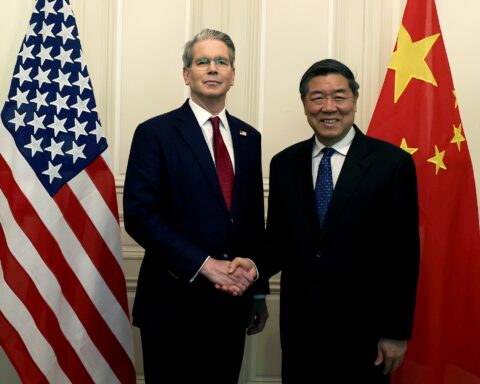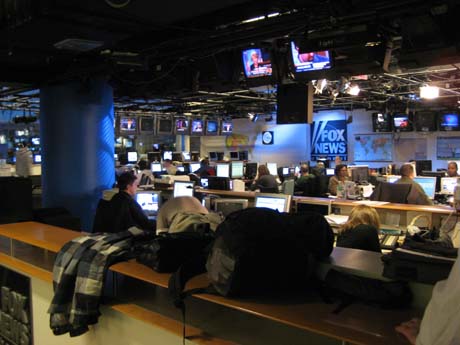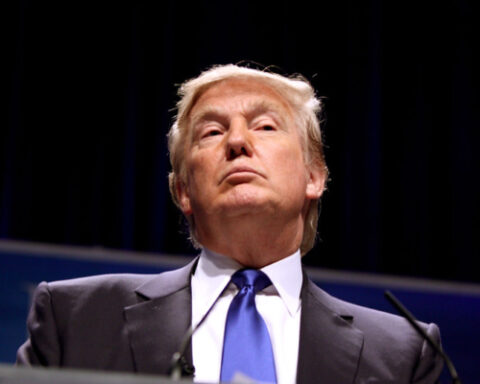A Senate report released Monday warned that artificial intelligence and automation could displace nearly 100 million American jobs over the next decade, underscoring growing concerns about how technological advancements might reshape the workforce. The report, prepared by Democratic staffers on the Senate Health, Education, Labor and Pensions Committee, led by Senator Bernie Sanders of Vermont, highlighted the risks of rapid AI adoption across multiple industries.
The analysis relied in part on predictions generated by OpenAI’s chatbot, ChatGPT, which ranked 20 workforces most likely to be affected. Of those, 15 could see more than half of their employees replaced by AI or automated systems in the coming ten years. The report contends that policymakers have a critical role to play in mitigating the consequences of this technological shift.
Sanders, in an op-ed for Fox News, framed the issue as a moral imperative. “We do not simply need a more ‘efficient’ society,” he wrote. “We need a world where people live healthier, happier and more fulfilling lives.” The senator has previously expressed concern that the spread of AI could “dehumanize” individuals, making workers secondary to technological efficiency.
However, the report’s proposed policy responses raise questions about the practical implications of such legislation and the potential costs to employers and the broader economy. Among the recommendations are a standardized 32-hour workweek, expanded overtime and break protections, a minimum wage of at least $17 an hour, and the elimination of corporate tax breaks for companies that adopt AI and automation. Additionally, the report calls for businesses to provide employees with a direct stake in the company’s profits.
Conservative analysts argue that such measures could stifle innovation at a time when American companies must compete globally. By mandating shorter workweeks, higher wages, and profit-sharing obligations, critics contend, Congress risks discouraging investment in technology and slowing economic growth. AI, they argue, has the potential to enhance productivity and create new job opportunities, particularly in industries where humans complement automated systems rather than being replaced by them.
The debate over AI in the workforce is gaining urgency as more companies adopt advanced technologies to streamline operations. While the Senate report paints a bleak picture for workers, supporters of the technology note that new tools often generate efficiencies that can lead to higher wages, reduced costs, and entirely new industries. The challenge, they say, is ensuring that workers are trained and positioned to take advantage of these emerging opportunities rather than facing punitive regulations that limit technological progress.
Sanders and his colleagues contend that without robust intervention, the country risks a future in which technology disproportionately benefits corporations while leaving millions of workers behind. Conservatives, meanwhile, caution that government-mandated protections could inadvertently slow the very innovations that drive economic growth, emphasizing instead workforce training and voluntary corporate initiatives to help employees adapt.
The report reflects the larger ideological divide over the role of government in guiding the economy. As AI adoption accelerates, policymakers will face the difficult task of balancing worker protections with the need to maintain U.S. competitiveness in a rapidly evolving technological landscape.
[READ MORE: Supreme Court Rejects Ghislaine Maxwell Appeal, Leaving Epstein Associate’s Conviction Intact]
